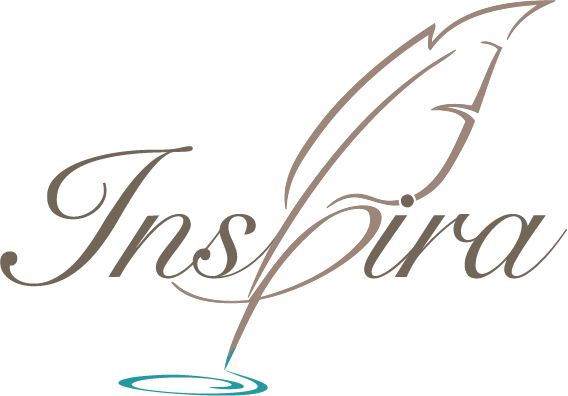8 Steps to Creating the Perfect Writing Environment
/Talk to 15 different writers and you’re likely to get 15 different responses to the question, “What is the perfect writing environment?”
Now that many of us have spent two years (and counting!) working from home, our answers are probably more specific than ever (spoiler: the ideal writing environment does not entail four kids running your office around while Bluey blares in the background).
Famed poet William Wordsworth did his best writing lying down, reportedly preferring to write his poems in bed—in the complete darkness, nonetheless! (We aren’t sure how he could see to write?) Novelists who allegedly chose to write lying down include Mark Twain, George Orwell, Edith Wharton, Woody Allen, and Truman Capote. They were all known for churning out pages while lying in bed or lounged on a sofa.
Alternately, author Dan Brown apparently likes to hang upside down for inspiration, claiming that “inversion therapy” helps him relax and concentrate better on his writing.
If all else fails in your quest for inspiration, you can always write in the buff, like Victor Hugo, author of Les Misérables. He frequently wrote au naturel, especially when he needed to work quickly. When facing a tight schedule for his novel The Hunchback of Notre Dame, Hugo instructed his valet to confiscate all his clothes so he wouldn’t be able to leave the house.
All this to stay, the point is this: Regardless of your style, all writers need to establish a writing environment that is conducive to inspiration and productivity. The common denominators are: a) getting comfortable, b) getting organized, c) getting started and d) staying focused. Here are eight practical steps to help you find your inspiration and get into the flow of your writing:
1. Understand that inspiration doesn't just show up; you have to cultivate it. Be intentional about surrounding yourself with things that you know inspire you (e.g. nature, music, etc.)
2. Schedule your writing time. Remember, what gets scheduled is what gets done. Treat it like you would any other appointment. This is imperative.
3. Appreciate the need for discipline. You won’t always feel like it. Like Nike says, “Just do it.” And do it again. And again and again and again …
4. Find a regular place where you can have solitude, a place free of distractions (including family members, your phone, TV, email, and social media).
5. Get proper hydration, nutrition, exercise, and rest. These all contribute to you being your best self (and therefore tapping into your best writing). If you’re exhausted or hungry, chances are, your writing’s not going to be top-notch.
7. Leverage the power of habit. The more you follow a routine, the better your sub-conscious self will be able to cooperate with you, and more quickly get into “the flow.” When your body recognizes something out of routine, it will respond with “hey, I know what to do now…”
8. Set deadlines for yourself if you don’t have external ones pressing on you. Pressure—even self-imposed—can be very motivating. Honor the deadlines given even by yourself.
There you have it—here are our eight things we suggest you can do to create your most inspirational and effective writing environment. What will yours be like?

